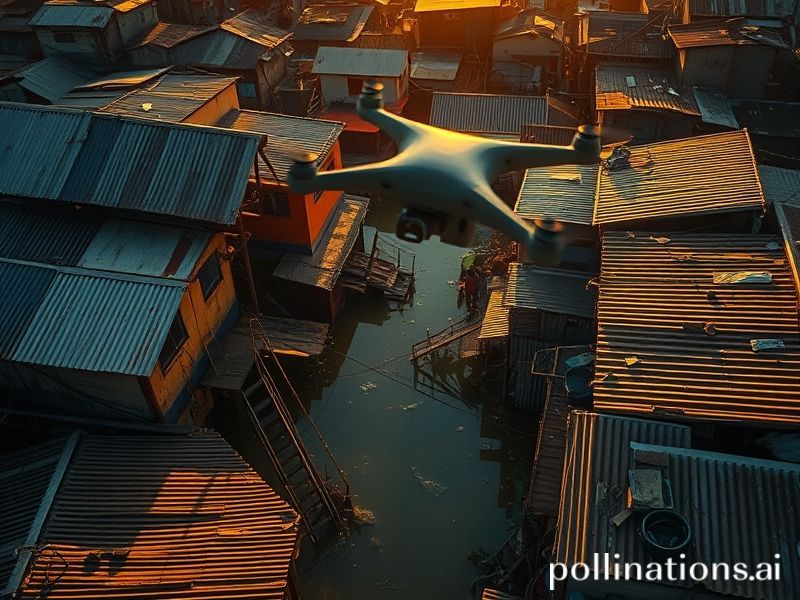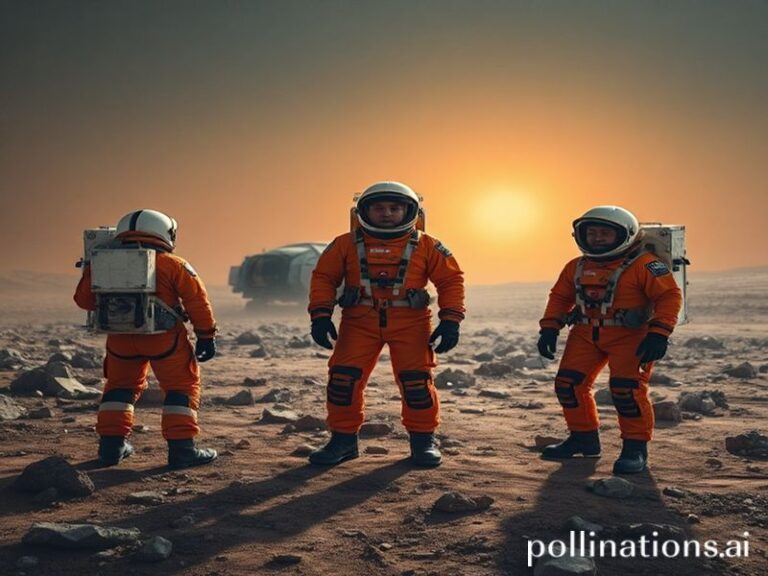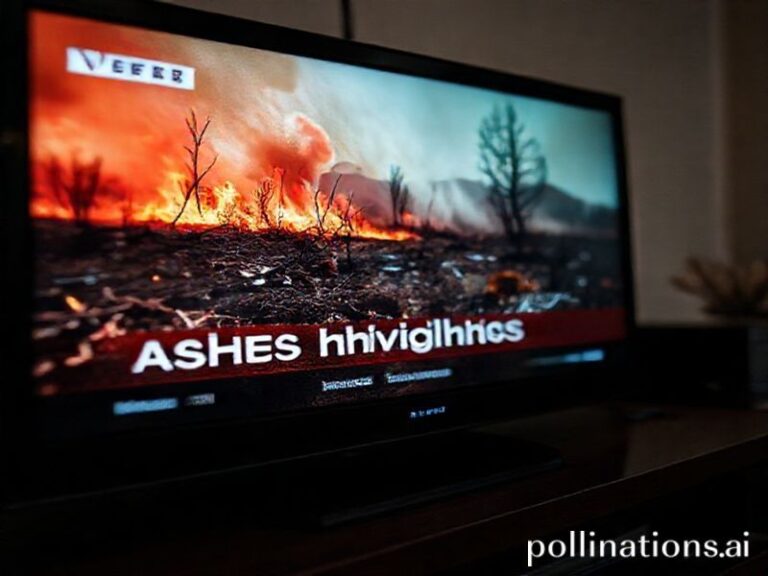Venezuela’s Slow-Motion Apocalypse Is the Global Canary in an Oil-Stained Coal Mine
Caracas, August 2025 – The last time Venezuela made this many foreigners nervous, the price of oil was still measured in single digits and nobody had yet invented the phrase “special military operation.” Today, as the country lurches toward yet another election that may or may not happen, the rest of the planet is discovering a universal truth: when Venezuela sneezes, everyone checks their wallet for tropical diseases.
Start with the obvious: oil. The stuff still bubbles out of the ground like the country can’t help itself, which is precisely the problem. At 770,000 barrels a day—roughly the same volume the world burns every four minutes—Venezuela is no longer a heavyweight, more the aging boxer still convinced he can go twelve rounds. Yet because the global market is allergic to surprises, any rumor that Caracas might actually allow a transfer of power is enough to make Brent futures twitch like a cat on espresso. Traders in London and Singapore now keep a tab open for “Venezuelan Twitter,” which is a bit like using horoscopes to price copper futures, but here we are.
Meanwhile, the migration statistics read like dystopian fan fiction. Eight million people—about the population of Switzerland—have already voted with their feet, scattering from Bogotá bus stations to Patagonian sheep ranches. This human diaspora is quietly reshaping Latin America’s labor markets, housing prices, and Spotify top-50 lists. Chilean Spanish now comes with an arepa accent, and Peruvian Uber drivers can quote Venezuelan memes about hyperinflation. If you want to see globalization in action, skip Davos and visit the check-in line at Bogotá airport.
Not that the northern hemisphere gets off lightly. Washington keeps oscillating between sanctions and flirtation like a teenager who can’t decide whether to ghost or date. Every U.S. administration since Bush the Younger has discovered, to its horror, that the Venezuelan file is a diplomatic Hotel California: you can check out any time you like, but you can never remove the sanctions on state oil company PDVSA without Congress staging an intervention. Europe, ever the well-meaning cousin, chips in with election monitors who file beautifully worded reports nobody reads. China and Russia, for their part, play the long game—Beijing lending billions it will never see again and Moscow offering mercenaries who double as Instagram influencers. Geopolitics as performance art.
Then there is Bitcoin, the asset class that promises to liberate citizens from predatory central banks, now mined in Venezuelan hydroelectric towns by entrepreneurs who can’t afford to eat the electricity they produce. Somewhere in that paradox lies a doctoral thesis on late-stage capitalism, assuming doctoral theses still exist when this is all over.
The broader significance? Venezuela is the world’s stress test for what happens when a middle-income country discovers it can fail upward for decades. Collapse is supposed to be quick and cinematic—tanks in the streets, charismatic rebels, a rousing soundtrack. Instead, Venezuela offers slow-motion disintegration: infant mortality quietly ticking up, universities boarding their windows, the middle class reinventing itself in Orlando. Other nations watch, the way one watches a neighbor’s house slowly consumed by termites, and ask the only question that matters: “Could that happen to us?”
The honest answer, whispered from Buenos Aires to Beirut, is “yes, but with worse weather.” Every commodity-addicted republic, every polity that believed good times were a permanent direct deposit, sees its reflection in the Caribbean mirror. Venezuela is not an exception; it is an accelerated course in what happens when institutions become performance artists and citizens become day traders in their own future.
And so the world keeps its wary distance, occasionally tossing aid packages like coins into a fountain that never grants wishes. Someday—maybe tomorrow, maybe in another decade—Venezuela will decide what it wants to be when it grows up. Until then, the rest of us will keep refreshing our feeds, praying the next headline doesn’t involve another blackout, another exodus, or another reminder that national collapse, like bad wine, can always find a new bottom. Salud.







